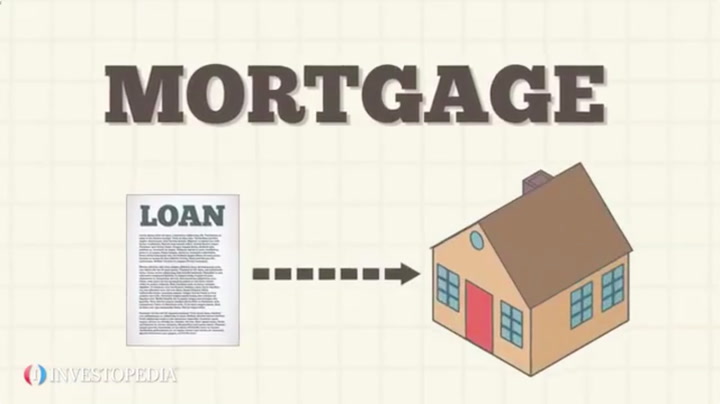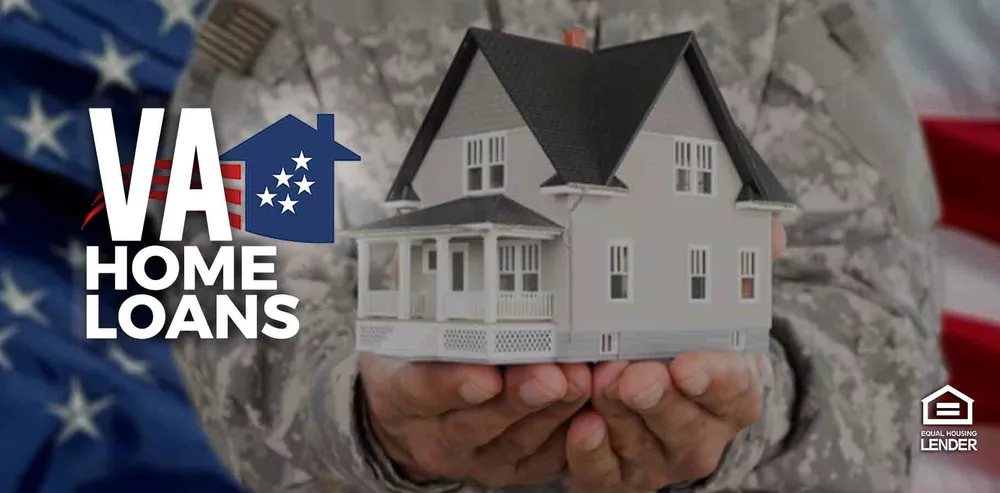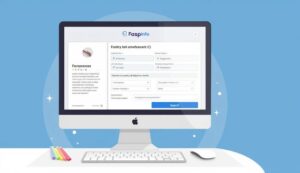https://fotise.com/que-es-una-hipoteca – A Comprehensive Guide to Home Loans!
A mortgage is a loan used to buy real estate, with the property itself as collateral. The borrower repays the loan with interest over time, typically through monthly payments.
What is a Mortgage?

A mortgage is a type of loan specifically used to purchase real estate. When you buy a home, it’s usually too expensive to pay for all at once. So, you borrow money from a lender, like a bank or a mortgage company, to help cover the cost.
In exchange, you agree to pay back the loan over time, with interest. The home itself is used as collateral, meaning if you don’t make the payments, the lender can take the home to recover their money.
How Does a Mortgage Work?
Here’s a step-by-step look at how a mortgage works:
- Application: You apply for a mortgage by providing information about your finances, such as your income, credit score, and debt levels. The lender uses this information to decide if you qualify for a loan and how much you can borrow.
- Approval: If you’re approved, the lender will offer you a loan amount and interest rate. The interest rate is the cost of borrowing the money and is usually expressed as a percentage.
- Down Payment: Before you get the loan, you’ll need to make a down payment. This is a portion of the home’s price that you pay upfront. A typical down payment is between 5% and 20% of the home’s price.
- Monthly Payments: You’ll make regular payments to the lender, typically every month. Principal and interest are both paid in these installments. The principal is the amount you borrowed, while the interest is the cost of borrowing.
- Repayment: Over the term of the loan, which can be 15, 20, or 30 years, you’ll pay back the loan in full. As you repay the loan, the amount you owe decreases, and more of your payment goes towards the principal rather than interest.
Also Read: Jormungandr Ignis Breeding Combo – A Complete Guide!
Key Mortgage Terms
Understanding these key terms will help you navigate the mortgage process:
- Principal: The sum of money you initially borrow.
- Interest Rate: The percentage of the principal that the lender charges you for borrowing the money.
- Term: The length of time you have to repay the mortgage, such as 15 or 30 years.
- Amortization: The gradual reduction of your mortgage balance through regular payments over time.
- Down Payment: The portion of the home’s price that you pay upfront. It lowers the total amount that you must borrow.
Types of Mortgages
There are various types of mortgages, each with its own features:
- Fixed-Rate Mortgages:
- What It Is: This is a mortgage where the interest rate remains the same throughout the life of the loan.
- Why It’s Useful: It offers predictable monthly payments, making budgeting easier. For example, if you take out a 30-year fixed-rate mortgage, your payment amount stays the same every month for 30 years.
- Adjustable-Rate Mortgages (ARMs):
- What It Is: This mortgage has an interest rate that can change at specified intervals.
- Why It’s Useful: ARMs often start with a lower interest rate compared to fixed-rate mortgages, which can mean lower initial payments. However, the rate can increase after an initial period, which can raise your payments.
- Interest-Only Mortgages:
- What It Is: For a certain period, you only pay the interest on the loan. After this period, you start paying both principal and interest.
- Why It’s Useful: This can lower your initial monthly payments, but be aware that once the interest-only period ends, your payments will increase as you start repaying the principal.
- FHA Loans:
- What It Is: These are loans insured by the Federal Housing Administration, designed for low-to-moderate-income borrowers.
- Why It’s Useful: FHA loans often require a lower down payment and have less stringent credit requirements, making them accessible for first-time buyers.
- VA Loans:

- What It Is: These loans are backed by the U.S. Department of Veterans Affairs and are available to veterans, active-duty service members, and certain others.
- Why It’s Useful: VA loans often require no down payment and have favorable terms, such as lower interest rates and no private mortgage insurance (PMI) requirements.
- Jumbo Loans:
- What It Is: These are loans that exceed the limits set by government-sponsored enterprises like Fannie Mae and Freddie Mac.
- Why It’s Useful: Jumbo loans can be used to finance more expensive properties that don’t fit within the limits of conventional loans. They typically come with stricter credit requirements and higher interest rates.
Also Read: Diezes – A Comprehensive Guide to Understanding!
Challenges and Pitfalls:
Mortgages come with several potential challenges:
- Interest Rates: If you have an adjustable-rate mortgage, your payments could increase if interest rates rise.
- Credit Scores: A lower credit score can lead to higher interest rates or difficulty securing a loan.
- Down Payments: Saving for a large down payment can be difficult for many buyers.
- Loan Terms: Longer loan terms may lower monthly payments but can result in paying more in interest over time.
Common Mistakes to Avoid
To avoid pitfalls, steer clear of these common mistakes:
- Not Checking Your Credit Report: Make sure your credit report is accurate before applying for a mortgage. Errors or unpaid debts can hurt your credit score.
- Overlooking Additional Costs: Don’t forget to budget for closing costs, property taxes, insurance, and maintenance. These can accumulate to a considerable amount.
- Ignoring Pre-Approval: Getting pre-approved for a mortgage can help you understand what you can afford and show sellers you are a serious buyer.
- Failing to Shop Around: Different lenders offer different rates and terms. Compare multiple offers to find the best deal.
The Importance of Choosing the Right Mortgage:

Choosing the right mortgage is critical because it affects your financial well-being for years to come. A well-chosen mortgage will align with your budget, offer manageable payments, and support your long-term financial goals. Understanding different mortgage options and terms can help you make an informed decision that suits your needs.
Case Studies: Real-Life Mortgage Experiences
- First-Time Homebuyers:
- Sarah and Tom: As first-time buyers, they used an FHA loan to purchase their home. The lower down payment requirement helped them get into their home sooner, and they benefited from favorable loan terms.
- Successful Refinancing Stories:
- Mark: He refinanced from an adjustable-rate mortgage to a fixed-rate mortgage. This move lowered his interest rate and stabilized his monthly payments, giving him more financial security.
FAQ’s:
1. What is a mortgage?
A mortgage is a loan taken out to buy property, with the property serving as collateral.
2. How does a mortgage work?
You apply for a mortgage, make a down payment, receive a loan to cover the rest of the property cost, and repay it over time with interest.
3. What are the types of mortgages?
Common types include fixed-rate, adjustable-rate, interest-only, FHA, VA, and jumbo loans, each with specific features and benefits.
4. What challenges might I face with a mortgage?
Challenges include fluctuating interest rates, low credit scores, high down payment requirements, and long loan terms that can increase total interest paid.
5. How can I avoid common mortgage mistakes?
Avoid mistakes by checking your credit report, budgeting for all costs, getting pre-approved, and comparing offers from multiple lenders.
Conclusion:
Understanding mortgages is crucial for making informed home-buying decisions. Whether you’re a first-time buyer or considering refinancing, knowing the types of mortgages, potential challenges, and common pitfalls can help you choose the best option for your needs. By researching and planning carefully, you can secure a mortgage that supports your financial goals and ensures a smoother home-buying experience.
Read More:














Post Comment